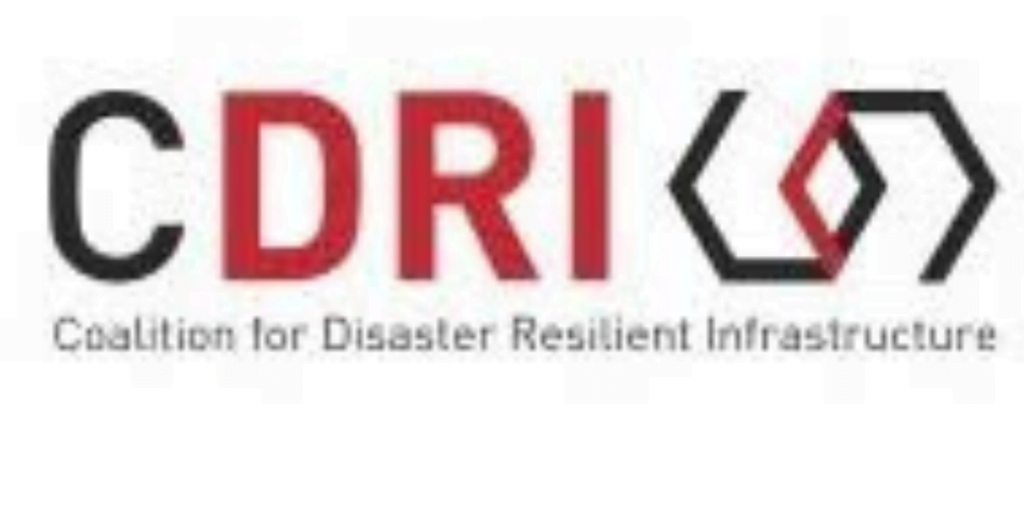What’s the News?
The Union Cabinet has recently given its approval for ratification of the Headquarters Agreement (HQA) between Government of India (Gol) and Coalition for Disaster Resilient Infrastructure (CDRI) signed on 22nd August, 2022.
About the Headquarters Agreement
- Ratification of the signed Headquarters Agreement between Gol and CDRI will facilitate grant of exemptions, immunities and privileges as contemplated under Section- 3 of the United Nations (Privileges & Immunities) Act, 1947
- The agreement will provide CDRI an independent and international legal status so that it can carry out its functions internationally, more efficiently.
- Ratifying the HQA will facilitate the grant of exemptions, immunities and privileges to CDRI as contemplated under Section-3 of the UN (Privileges & Immunities) Act, 1947.
- This will enable CDRI to operate effectively as an international organization and to collaborate with other international entities in pursuing its objectives.
- This will also enhance India’s credibility and visibility as a founding member and host country of CDRI.
What is CDRI?
- CDRI is a global partnership of national governments, United Nations agencies, multilateral development banks, private sector, and academic and knowledge institutions that work on promoting the resilience of infrastructure systems to climate and disaster risks.
- It promotes rapid development of resilient infrastructure to respond to the Sustainable Development Goals’ imperatives of expanding universal access to basic services, enabling prosperity and decent work.
- Established in 2019 under the leadership of the Government of India and with the support UNDRR aims to promote the resilience of infrastructure systems to climate and disaster risks, thereby ensuring sustainable development.
CDRI’s strategic priorities
- Technical Support and Capacity-building: This includes disaster response and recovery support; innovation, institutional and community capacity-building assistance; and standards and certification.
- Research and Knowledge Management: This includes collaborative research; global flagship reports; and a global database of infrastructure and sector resilience.
- Advocacy and Partnerships: This includes global events and initiatives; marketplace of knowledge financing and implementation agencies; and dissemination of knowledge products.
Members:
- Since its inception, 31 countries, 6 international organizations and 2 private sector organizations have joined CDRI as members.
- 6 International Organizations: Asian Development Bank (ADB), World Bank Group, United Nations Development Programme (UNDP), United Nations Office for Disaster Risk Reduction (UNDRR), European Union, European Investment Bank.
Implementation
The CDRI supports countries to upgrade their systems to ensure disaster and climate resilience of existing and future infrastructure, in alignment with the Sustainable Development Goals, the Paris Agreement on Climate Change, and the Sendai Framework.
The CDRI pursues its mission by
- Raising awareness at all levels, of the benefits of resilient infrastructure systems, and building linkages with other relevant initiatives to achieve this
- Serving as a platform where knowledge is generated and exchanged on multiple dimensions of disaster and climate resilient infrastructure
- Enhancing nationally and regionally appropriate standards, codes, specifications and guidelines for the planning, design, operation and maintenance of infrastructure systems
- Enhancing capacities and practices to reduce infrastructure damages and losses and consequent interruption of basic services and economic activity, from disasters and climate change
- Enabling technological and institutional innovation for resilient infrastructure systems
- Making available technical expertise to assist countries to develop resilient infrastructure in accordance with their disaster and climate risks and resources
- Advocating for financial arrangements, including risk transfer, that support development of resilient infrastructure; and
- Assisting countries to adopt appropriate risk governance arrangements and strategies for resilient infrastructure.
Significance
- CDRI brings together a multitude of stakeholders to create a mechanism to assist countries to upgrade their capacities, systems, standards, regulations and practices with regard to infrastructure development in accordance with their risk context and economic needs
- For countries that are in the early stages of infrastructure development, the Coalition provides access to good practices to develop appropriate standards as well as regulatory mechanisms to manage infrastructure development in a manner that fosters resilience.
- For countries at an advanced stage of infrastructure development, CDRI provides an opportunity to engage with the development of robust infrastructure systems that are interconnected globally.
- The CDRI also serves as a platform for relationship development and cultivation between its members. This model could be replicated to enable the attainment of other SDGs.





